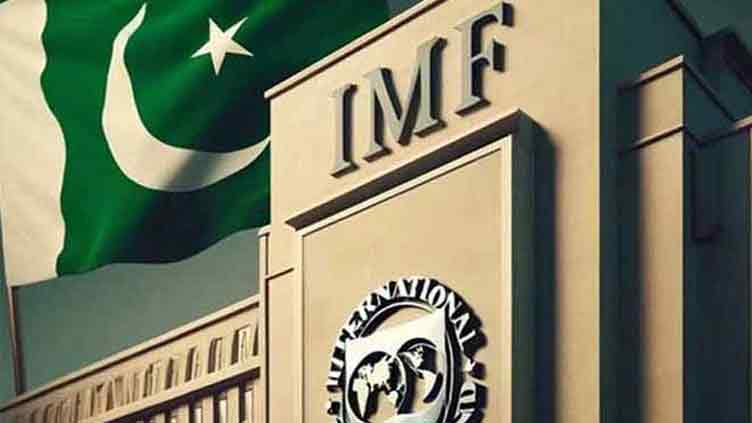In a recent meeting, the International Monetary Fund (IMF) declined to endorse Pakistan’s proposal to offer marginal‑cost electricity to energy‑intensive industries including AI data centres, crypto mining, and manufacturing sectors. Despite Pakistan’s surplus of approximately 8,000 megawatts, the IMF expressed concern about potential market distortions and insufficient mechanisms for full revenue recovery.
What the Plan Entailed
The Ministry of Energy had put forward a three-year package enabling eligible industries to access surplus electricity with only production and capacity charges, excluding other levies including taxes. Officials emphasized that this would maximize usage of idle generation capacity and alleviate grid inefficiencies.
IMF’s Key Objections
The IMF rejected the plan on two fronts:
- Lack of full cost recovery: Verification that all dues will be collected was missing; the plan risked perpetuating unpaid power bills.
- Market distortions: Offering below-market power rates could replicate effects similar to sector-specific tax breaks, undermining fair competition in the energy sector.
The IMF insisted that any future approval be contingent upon 100% revenue collection mechanisms.
The Road Ahead
A revised proposal will be prepared and presented during the next economic review talks. These will likely include new features to satisfy IMF concerns such as stronger recovery guarantees, phased subsidies, or limited rollout terms.
Sector and Consumer Impact
- Energy‑intensive industries may face delays in accessing cheaper electricity, affecting both expansion plans and operational cost structures.
- The IMF’s insistence on revenue discipline aims to protect the broader power sector’s fiscal health.
- Consumers could benefit if revised plans include stronger accountability and stop-gap measures against future load shedding or tariff hikes.
Strategic Implications
This development highlights the fine balance between stimulating industrial growth and maintaining macroeconomic stability. It underscores how global lenders like the IMF influence domestic policy frameworks in strategic sectors such as energy and digital innovation.
Conclusion
The IMF’s rejection is a signal for Pakistan to refine its power sector subsidy strategy building in recovery guarantees and minimizing market disruption risks. As the government prepares a revised package, the challenge will be to align industrial incentives with fiscal discipline and sectoral sustainability.



Comments (0)
No comments yet. Be the first to comment!
Leave a Comment